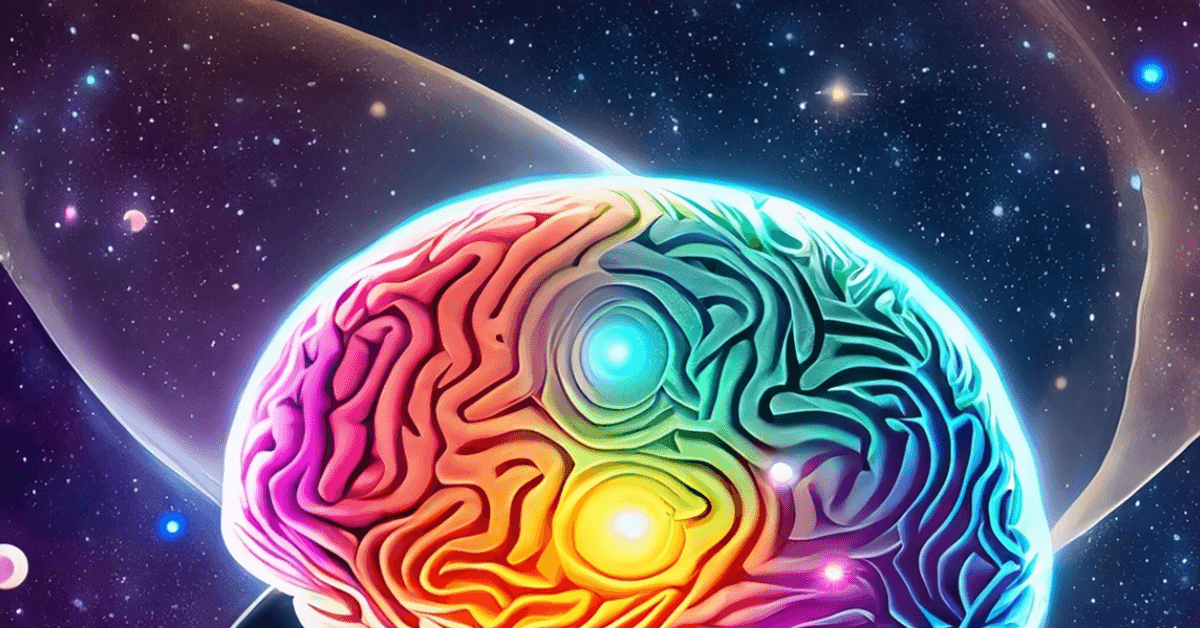August 22, 2023
Is a new version of the brain coming?
The theme of regeneration appears commonly in Intrepid Ed News, particularly in articles written by my colleague Benjamin Freud. I mention this because the term rewilding the brain slipped out in a conversation about biocentrism with Benjamin, the idea that humans live within the circle of Nature, not as outside manipulators, but as active participants in rewilding the planet.
This led me to think about the boundaries of Nature itself. Typically, that’s Earth and its troposphere. But no longer. The natural world has been extended nearly to infinity by the discovery of 100 billion galaxies and 5000 exoplanets (with thousands more to come). To complicate matters, Nature is suddenly much older than expected. Last year the age of the universe was 13.7 billion years; the latest estimate, as of a month ago, is 25 billion years. (Double your age over the next 30 days and see how that feels.)
I apologize for the big numbers, but here’s one more: The human brain contains an estimated 69 billion neurons. In Part 1 of Rewilding the Brain, I pointed out the obvious rise in ADHD and…


